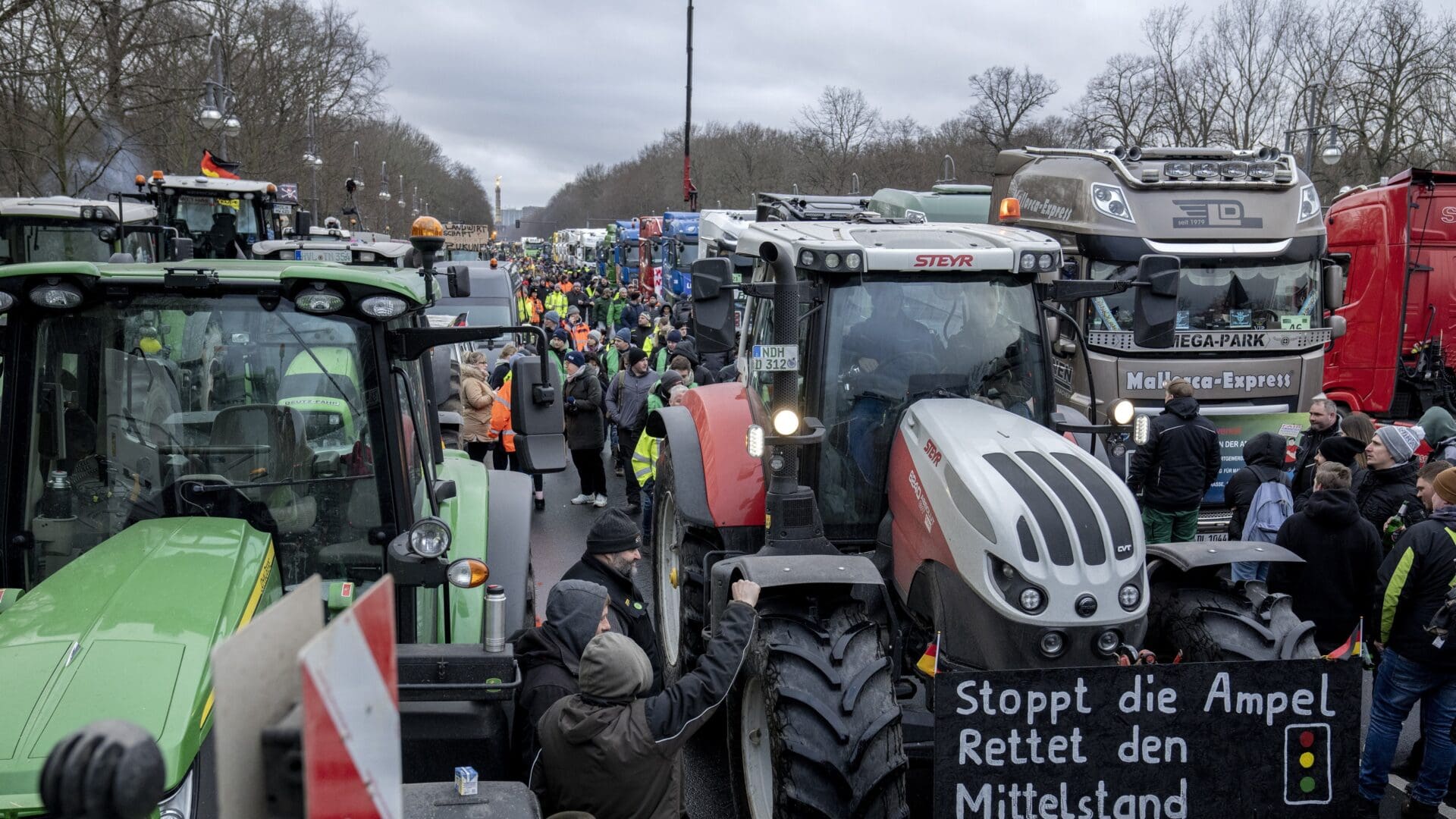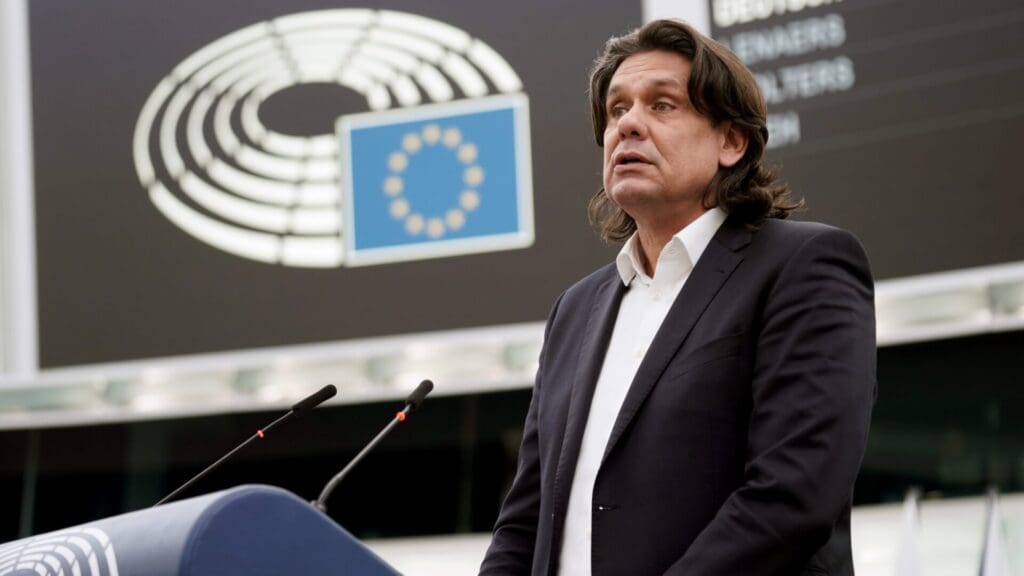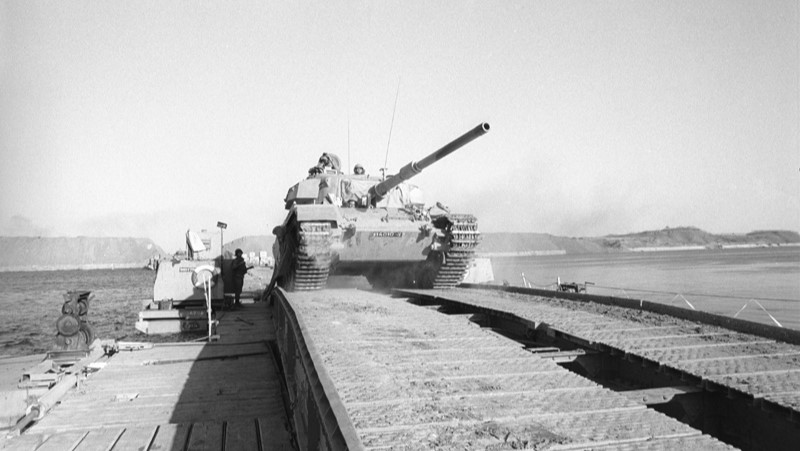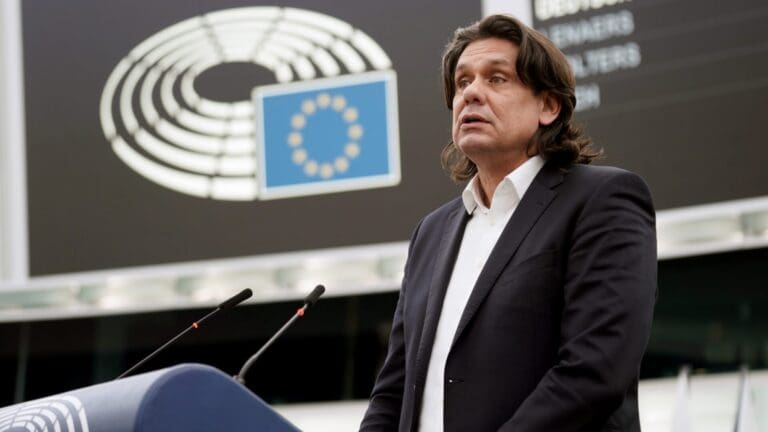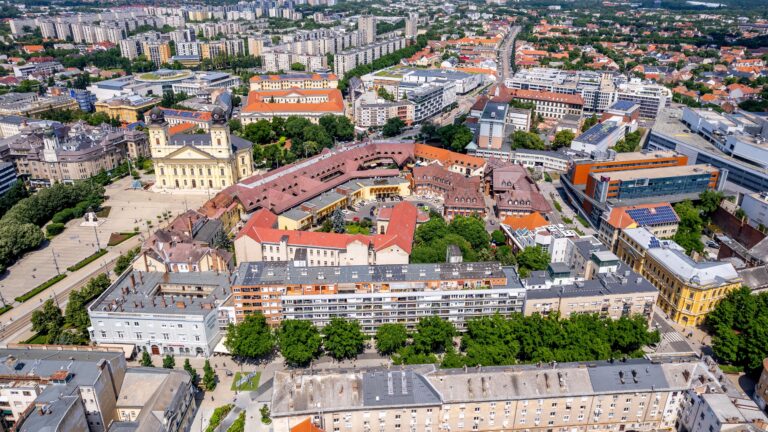Under the title Germany is Boiling Over, M1 produced a film about the agricultural protests in Germany. Beyond the concerns of protesting farmers, the film explores the everyday issues faced by Germans. In the documentary, Levente Szikra, lead analyst with the Center for Fundamental Rights, sheds light on Germany’s daily problems, ranging from the energy crisis to migration and the Russo-Ukrainian war.
The analyst emphasized that a severe economic crisis has unfolded in Germany, partly due to the misguided sanction policy and the energy crisis resulting from the shutdown of nuclear power plants. He explained that Germany, no longer able to receive gas from Russia through the Nord Stream, cannot compensate for the lost nuclear energy. In this situation, Germany is sourcing energy through imports, including electricity generated by French nuclear power plants. Paradoxically, they have also reactivated coal-fired power plants, the most environmentally polluting method of energy production. ‘So, the German Greens are so environmentally conscious that they closed down nuclear power plants and instead produce energy with coal,’ he remarked sarcastically.
The government’s position is further complicated by the fact that the Constitutional Court blocked a €60 billion reallocation from the coronavirus fund within the German budget, which the Greens advocated for climate investments. The budgetary gap of €60 billion is partly attempted to be filled by cutting support to farmers, leading to the protests. Szikra added that the situation is exacerbated by the constant disputes within the three-party government coalition. For instance, the economic policies of the liberal party are incompatible with the aspirations of the Greens. He also highlighted the decreasing coverage of demonstrations in the mainstream German media.
Levente Szikra also pointed out that
German farmers and truckers are angry because the country is flooded with cheap Ukrainian agricultural products.
They feel that the government is supporting Ukraine at their expense, as funds are available for Ukraine, but support for them is reduced. Another problem is that the federal and state elections held in 2021 in Germany turned chaotic in Berlin. There were long queues, missing ballot papers in many places, and even people without voting rights cast votes. This led to prolonged legal disputes, and both elections have to be repeated. As a result, the composition of the Bundestag, the federal parliament, could change.
The film also reveals that Germany has not accepted as many refugees since the 2015 refugee crisis as it did last year. Currently, over three million refugees live in the country. In Berlin alone, approximately €1.5 million is spent daily on accommodating and supporting migrants, amounting to €547 million annually. Regarding this, Szikra pointed out that the German government has not been working on reducing immigration in recent times. Moreover, the Bundestag adopted a new citizenship law that makes it easier for immigrants to acquire citizenship. This implies voting rights, giving immigrant groups greater influence in shaping German politics.
Efforts to deport migrants have also been unsuccessful, meaning that even those whose asylum applications have been rejected remain in the country. There is no answer to how the German state can handle the cultural, security, and other challenges associated with immigration, including the violent behaviour of immigrant communities. ‘And we haven’t even talked about the wave of terror in recent years that has hit Germany,’ added Levente Szikra.
Szikra’s analysis provides enough data to see that Germany has not handled the crisis surrounding the Russo–Ukrainian war as well as Hungary has. Hungarian Conservative often reported on the fact that nuclear energy is indeed sustainable. The German decision to shut down the plants and use coal instead is therefore questionable, to say the least.
Read more:
Sources: Hungarian Conservative/M1/MTI

